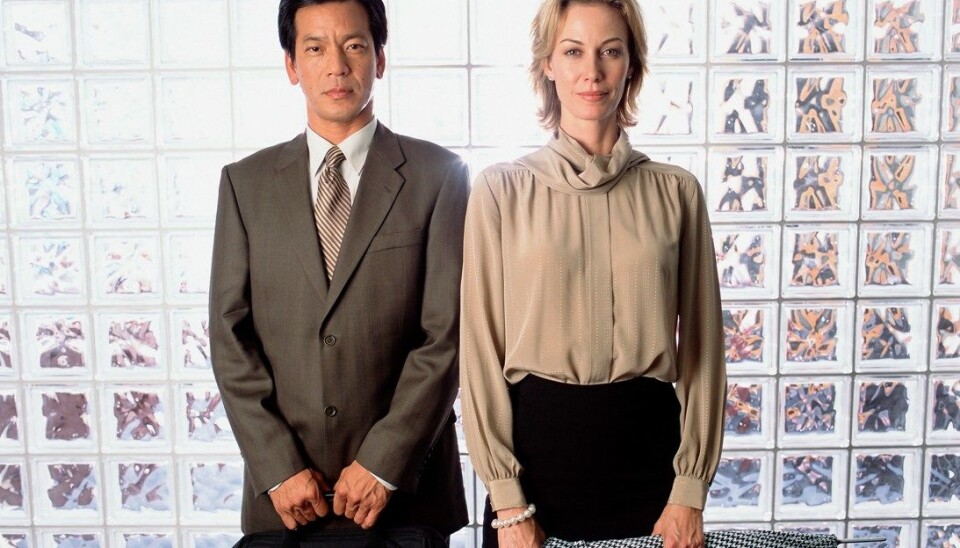
Japanese and Norwegians: a meeting of minds
They might seem poles apart in how they communicate, but Japanese and Norwegian businesspeople turn out to be surprisingly alike.
Denne artikkelen er over ti år gammel og kan inneholde utdatert informasjon.
According to received wisdom, Japanese business etiquette is shaped by an emphasis on formality, hierarchy and courtesy, where subjects are broached indirectly and preceded by courtesy and small talk. Norwegians, on the other hand, are known as getting straight to the point without introductory chat.
It sounds like the recipe for a major culture clash - or at the very least severe difficulties in having a proper dialogue. But Kristin Rygg, a researcher at the Norwegian School of Economics' Institute for professional language and intercultural communication, has uncovered surprising similarities between the two groups.
"I wanted to test whether Japanese business culture actually is as claimed in business literature – books that are largely written by Americans," says Rygg.
"Although books like 'How to do business with the Japanese' argue that the Japanese are circumspect in their approach, I found that there is a fifty per cent chance they are at least as direct as Norwegians."
Adapting to Western mode of communication

Rygg's research included interviews with a number of Norwegian and Japanese businesspeople, in order to map out how they communicated. The findings show that Japanese businesspeople who have been living and working in a Western country over a period of time have adapted to a much more direct way of communicating.
"I was surprised at how direct they actually turned out to be," says Rygg.
In adapting to a Western style of talking the Japanese participants in the study tended to use exaggeration. Where a Norwegian might say 'Norwegian trains are late', the Japanese would instead claim that 'all Norwegian trains are extremely late'.
Non-aggressive and avoiding conflict
A few previous studies from villages in Western Norway show how Norwegians are similar to the Japanese in ways of relating.
"The Japanese are indirect in their approach because they care about how people relate to them – a bit like village life in Norway," says Rygg. "People prefer to agree rather than disagree, they don't boast but prefer to hint. These are clear similarities between the two peoples."
Japanese participants in the study also recognised common ground.
"Among Europeans in general they feel that Norwegians are the most similar; neither are brash, they don't like conflict, they are non-aggressive and a bit shy."
Stereotyping nationalities
Rygg's study may turn common perceptions on their head, but it also points to how groups of people can be stereotyped in non-fiction textbooks.
"Research literature is rife with assumptions," he says.
"A key aim of my study has been to provide a more nuanced presentation, through empirical material and assessment methods."
Reference:
Rygg, Kristin (2012); Direct and Indirect Communicative Styles - A Study in Sociopragmatics and Intercultural Communication Based on Interview Discourses with Norwegian and Japanese Business Executives, University of Bergen.

































